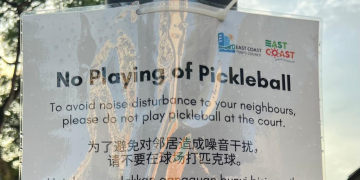Working from home and the lack of social gathering due to the Covid-19 pandemic have left the people in Japan extremely lonely. On 12 Feb this year (2021), Japan’s Prime Minister Yoshihide Suga appointed Tetsushi Sakamoto as the Minister of Loneliness to combat the issue of isolation. But loneliness has become a systemic problem in the fast-aging country and kodokushi or dying alone is a growing problem.
From tears and sleepless nights to death, the Japanese people have come up with services which serve the needs of the lonely – and their families – and these range from bizarre to gruesome.
Women pay for companionship to combat loneliness
“Those who want to cry, those who are in trouble because they cannot cry, those who are stressed, and those who are tired of life.”
That describes the service crying cafe Tears and Travel Cafe Akane in Tokyo. It is where people come to have a good cry while coffee is being served. Customers have the option to go for a manicure afterwards.
In a study done on cultures and crying in 2011, it was concluded that out of the 37 different populations researched, the Japanese have some of the driest eyes and are the least likely to cry.
Traditionally the Japanese are taught to internalise gaman – persevering under pressure and enduring hardship to maintain dignity, resulting in generations of Japanese not being able to process grief or loneliness.
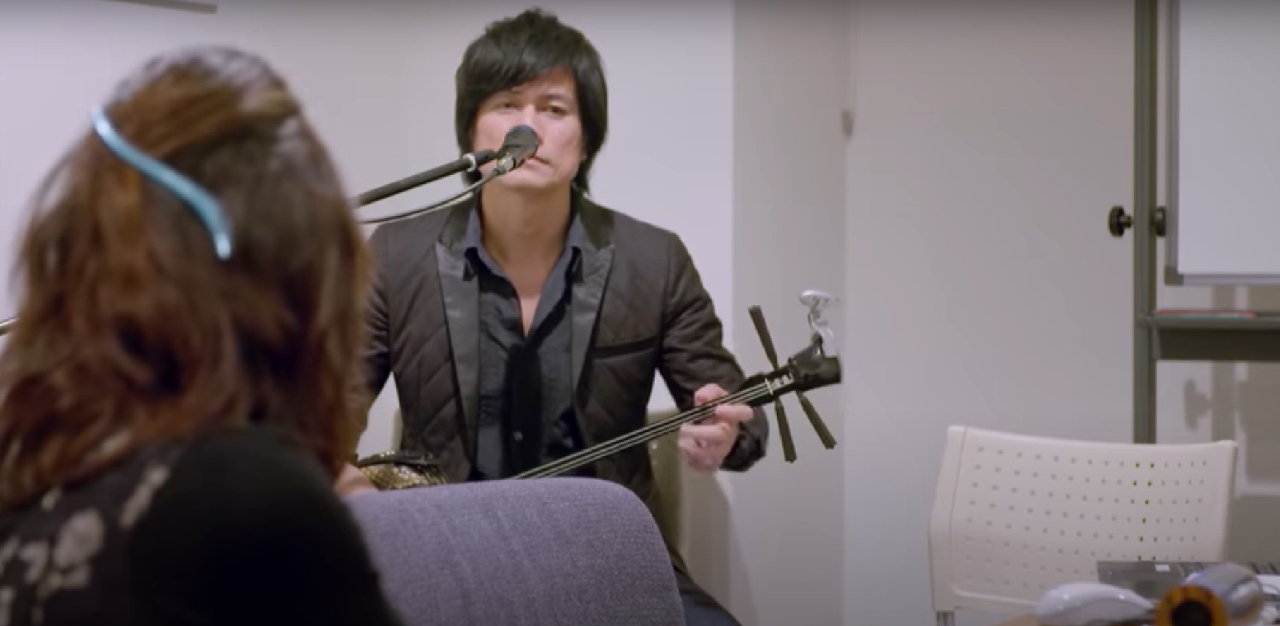
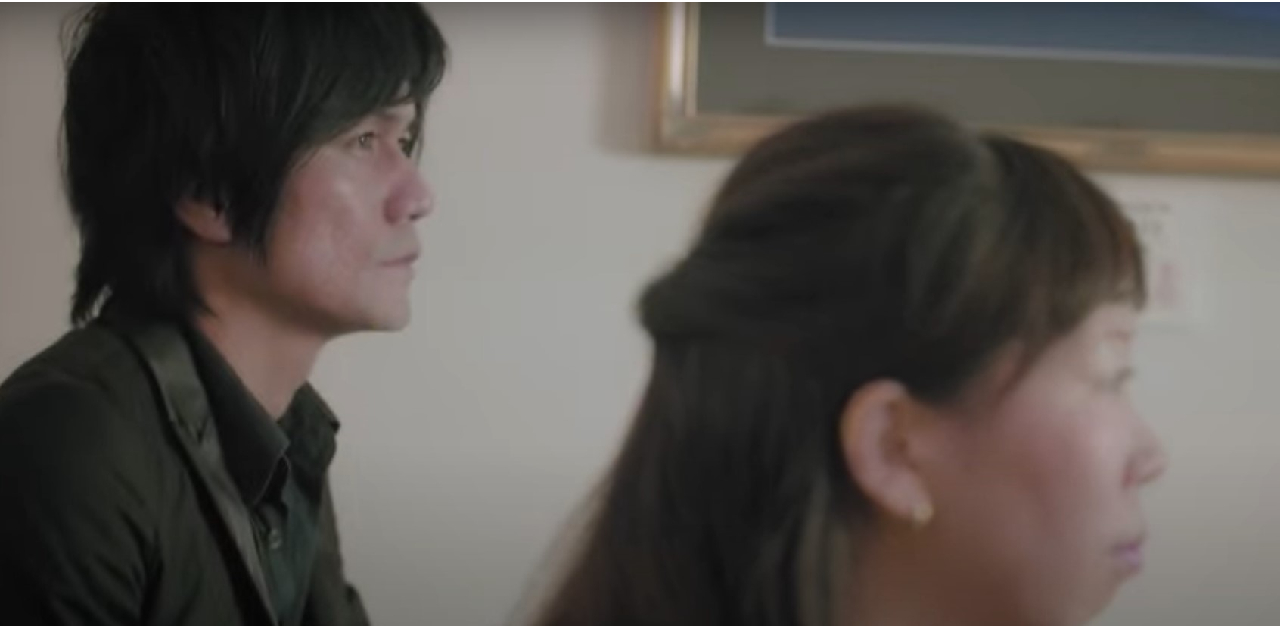
But not everyone will make her way to a cafe just to cry, so to provide a safe space for tears to flow, Hiroki Terai started offering ‘rui-katsu’ or ‘tear seeking’.
How this works is that ikemeso danshi, also known as Handsome Weeping Boys, will be sent to places such as corporate offices where a group can gather to intentionally relieve themselves by crying.
Emotional films where the main character suffers terminal illness or a pet dying, are shown to help clients turn on the waterworks. Other methods include sad letters and beautiful scenery.
Handsome Weeping Boys sent for these sessions are called ikemeso takkyubin or tear courier, and they have learned to cry comfortably in hopes of the other people in the room following suit.
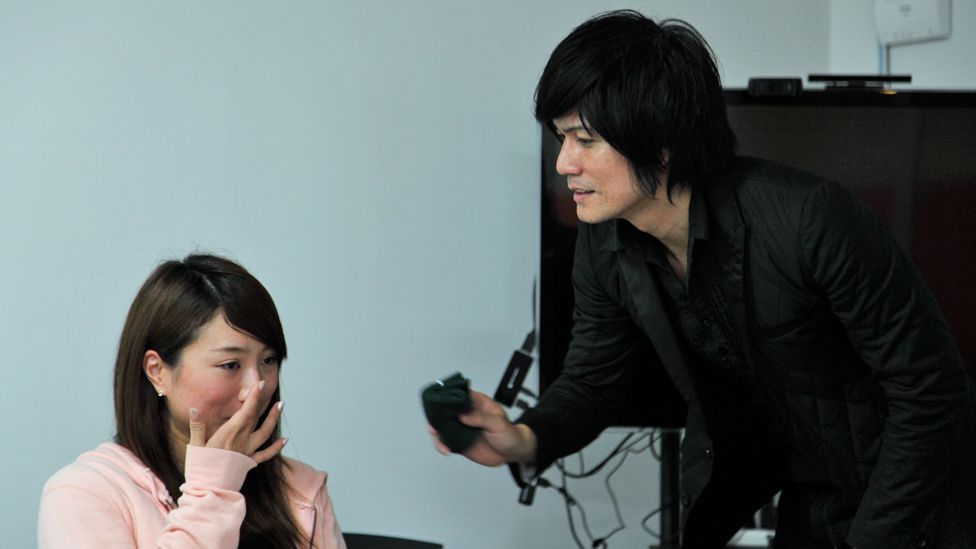
At the end of the session, the tear couriers circulate the room and wipe away tears on the faces with a handkerchief before handing out dry patches.
There is even a tears teacher, called namida-sensei, who conducts workshops at offices, hospitals and elementary schools to teach Japanese the art and skill of crying.
Since coming into this profession in 2013, namida-sensei Hidefumi Yoshida claims he has helped more than 50,000 Japanese get in touch and deal with their inner pain.
This is partially due to the increase in burnout compensation claims in 2015. Japanese are known to work extremely hard and long hours that a word, karoshi — which means working yourself to death — has been created. Companies have been told to regularly monitor their employees’ stress levels to ensure their well-being.
Filmmaker Noémie Nakai, who documented Yoshida’s work, commented on the reason the nuances of Japan’s culture gave rise to such need.
“Holding in tears is seen as a virtue. Yoshida’s crying therapy offers a safe space for people to let it all out, without the fear of cultural stigma,” she says.
“[What he does] is fun and wacky, but in Japan where many people feel they can’t be vulnerable; I believe he’s spreading an important message about mental health,” she adds.
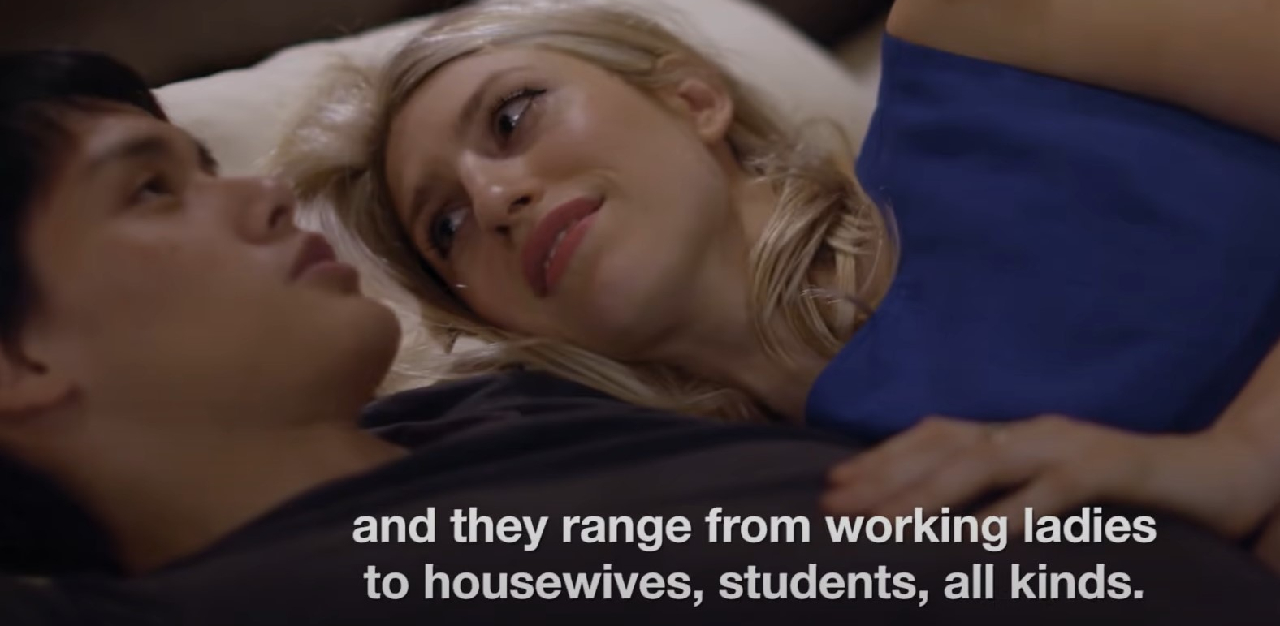
Another societal trend is the increasing independence of working Japanese women, who refuse to get involved in romantic relationships.
These Japanese women when lonely, and looking for the ‘boyfriend experience’, often engage Sheep Boys to keep them company. These good-looking men will show up in pajamas and come over strictly for cuddling only, and count sheep until the clients fall asleep.
Deborah Shamoon, Associate Professor for Japanese Studies at the National University of Singapore, says “it’s not that surprising that as women become more financially and emotionally independent, that they pay for these kinds of emotional services”.
She also says that the more specialised jobs like Sheep Boys “seem to be only in Tokyo, where there is a large population of single working women with disposable income and emotional needs they feel are unmet by social relationships”.
Dr Shamoon explains that is because sometimes the Japanese seek ‘iyashi’, or healing. “There are so many products and services today in Japan that promote iyashi, as people seek various forms of self-care,” she says.
And since “women and men broadly speaking have different tastes, it’s also not surprising that the services offered cater to those tastes”, Dr Shamoon says to the question on the provision of Handsome Weeping Boys and Sheep Boys services. She describes the services as a form of “emotional labour”.
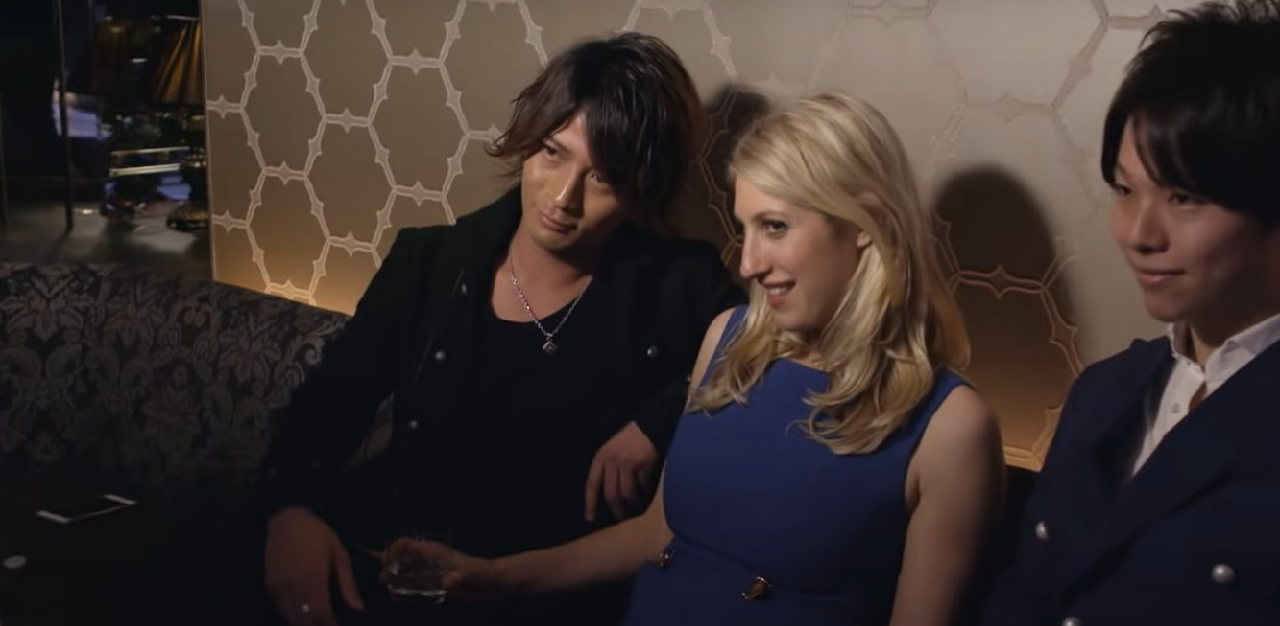
“Handsome Weeping Boys and Sheep Boys are adjacent to sex work,” Dr Shamoon says. “In Japan, sex work is called mizu shobai, which encompasses more than just prostitution. Hostesses provide emotional labour, as much as or even sometimes more than the physical. Female hostesses give male customers the attention and emotional decompression the men can’t or don’t want to get from their wives, as well as space for male bonding.”
Therefore since “hostessing work is long-standing and socially accepted in Japan,” Dr Shamoon says it is expected that emotional healing services catered to women have evolved.
The rise of ‘lonely deaths’ in Japan
While death cleaners are not uncommon around the world, the job in Japan is primarily to clean up the homes of ‘lonely deaths’, called kodokushi.
In 2015, it was found that about one-third of Japanese households only have one person. It is predicted that by 2035, 40% of Japanese households will consist of a person living alone.
The trend can be attributed to an increasingly aging population and the number of elderly living by themselves. In addition, higher divorce rates and more singles remaining unmarried means more Japanese are living alone.
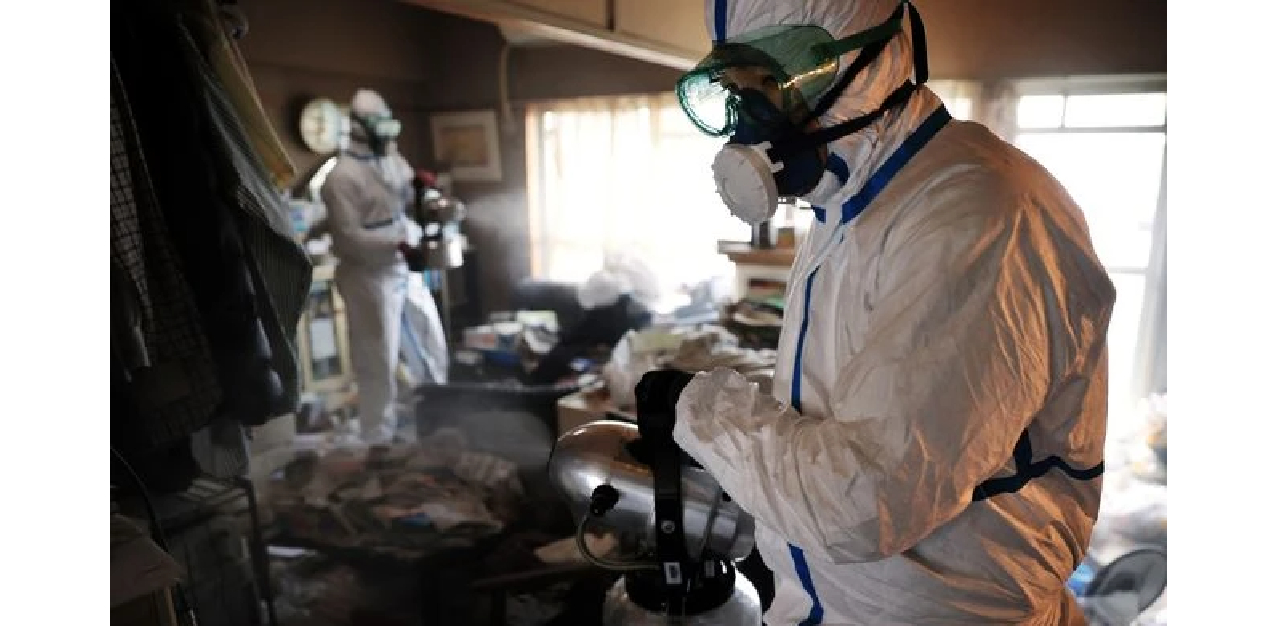
These kodokushi cleaners are usually called in by landlords or family members after the body has been discovered weeks or even months later.
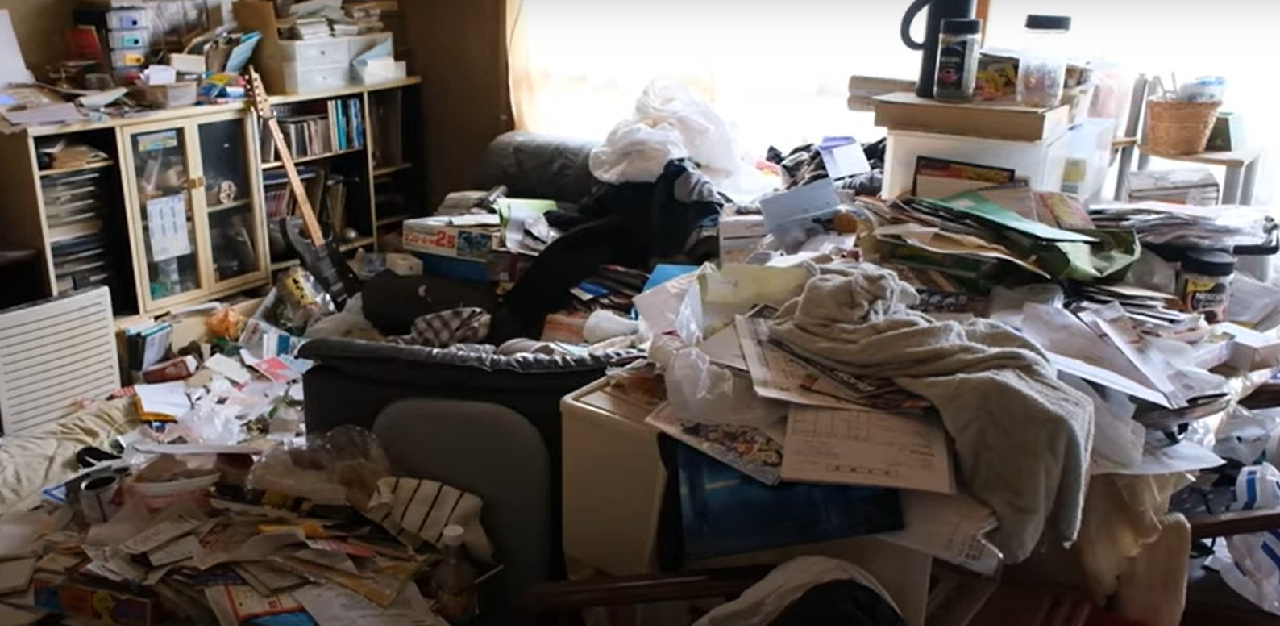
These homes are usually hoarded with rubbish and the kodokushi cleaners’ job is to discard the unwanted items and pack the valuable ones for the families. They have to also reinstate the homes to their original condition as much as possible.
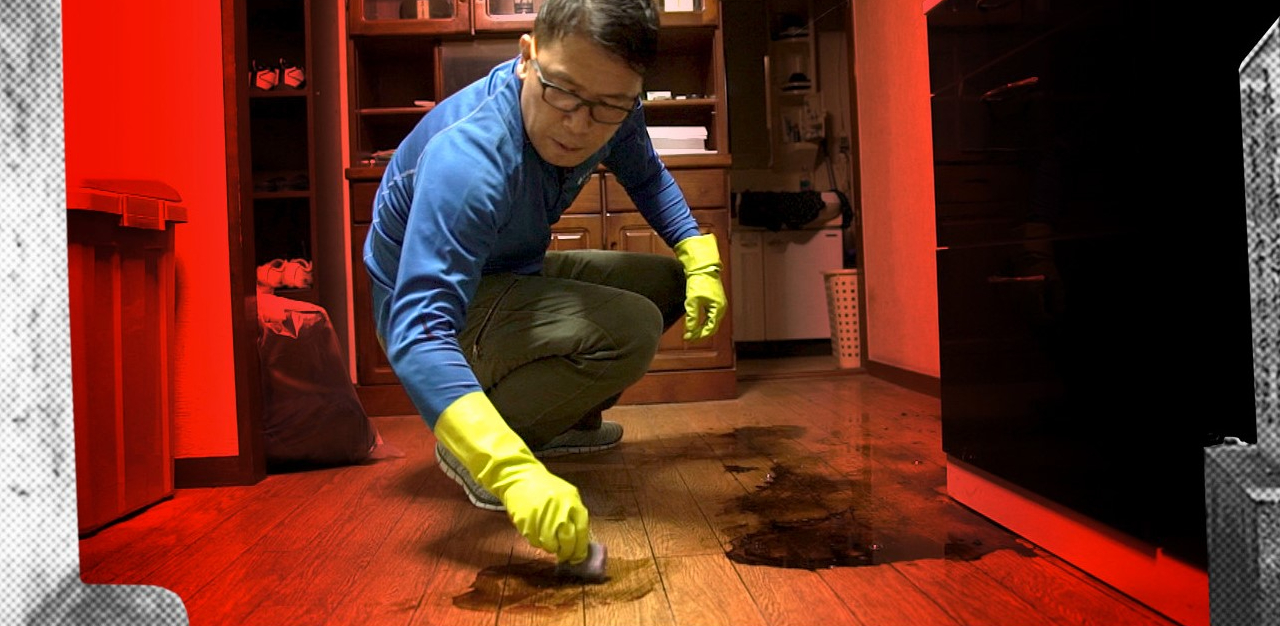
At times, fats and bodily fluids would be found congealed on the floor where the deceased lie. That is why kodokushi cleaners wear hazmat suits for a job that may take up to a day to complete.
With the onset of the pandemic, the duration in which these lonely deaths are discovered have become even longer.
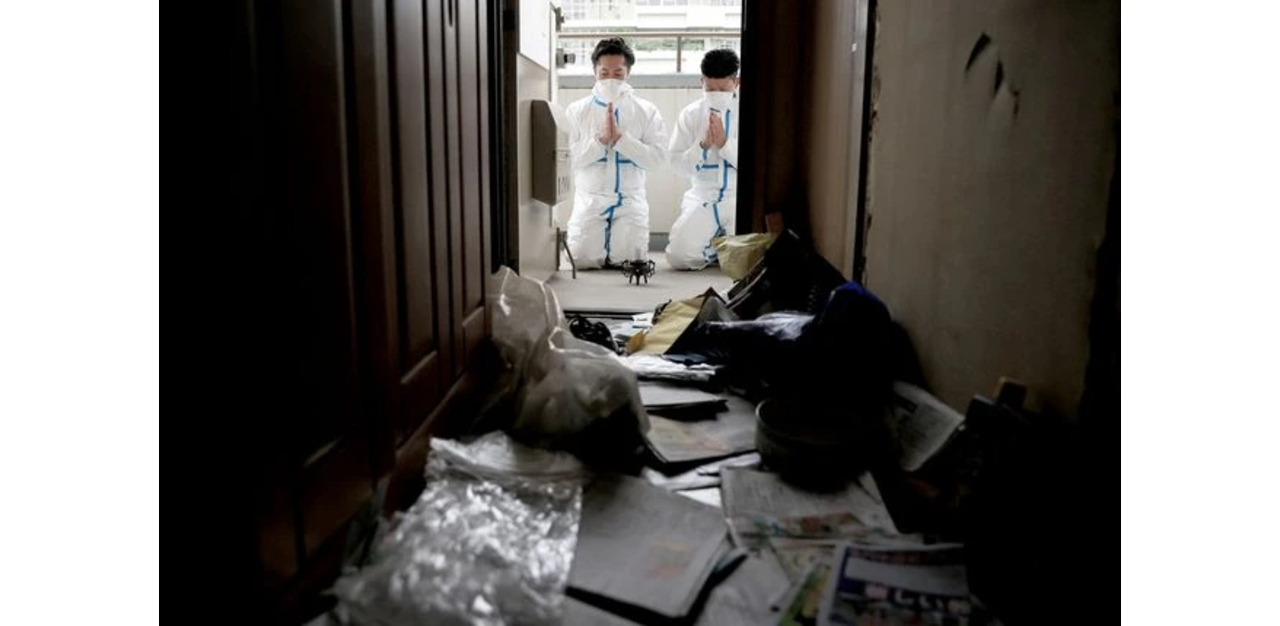
There is also a ritual to pay respects to the dead before the kodokushi cleaners begin their arduous process. Joss sticks are burnt at the door and the cleaners say a short prayer or a few words before stepping into the homes.
More often than not, the cleaners will also hold a prayer service before disposing of the belongings as they believe possessions such as dolls can hold one’s soul and cannot be discarded casually.
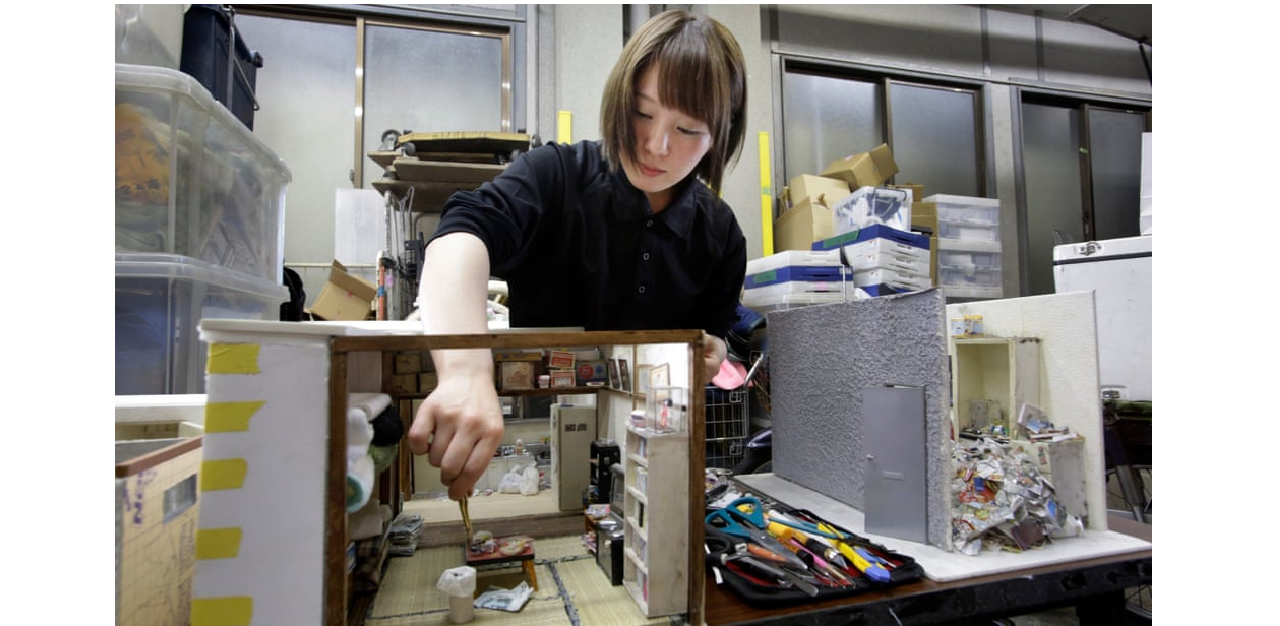
In an effort to chronicle the unique job experience or to share what this social problem is about, some cleaners have created ‘dioramas of death’, which are miniature replicas of the home they have cleaned.
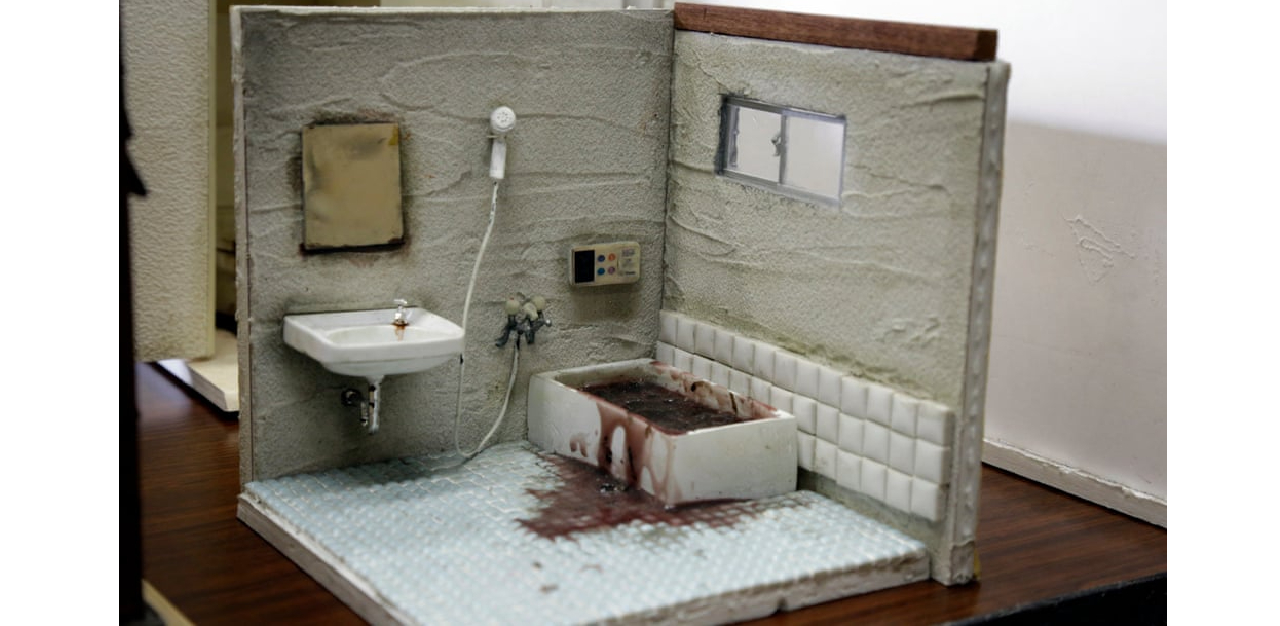
The integrity of the homes are maintained in these dioramas. Every detail, from the piles of unwashed clothes to the blood that overflowed from the bathtub, are recreated.
In a country where the emphasis on dignified social appearances meet the exacerbation of loneliness, cultural norms are being broken and gradually, the Japanese seek out ways to fulfil their needs. Each society develops according to the make-up of its population, and Japan seems to constantly innovate in meeting the needs of modern times.
Join the conversations on TheHomeGround Asia’s Facebook and Instagram, and get the latest updates via Telegram.





